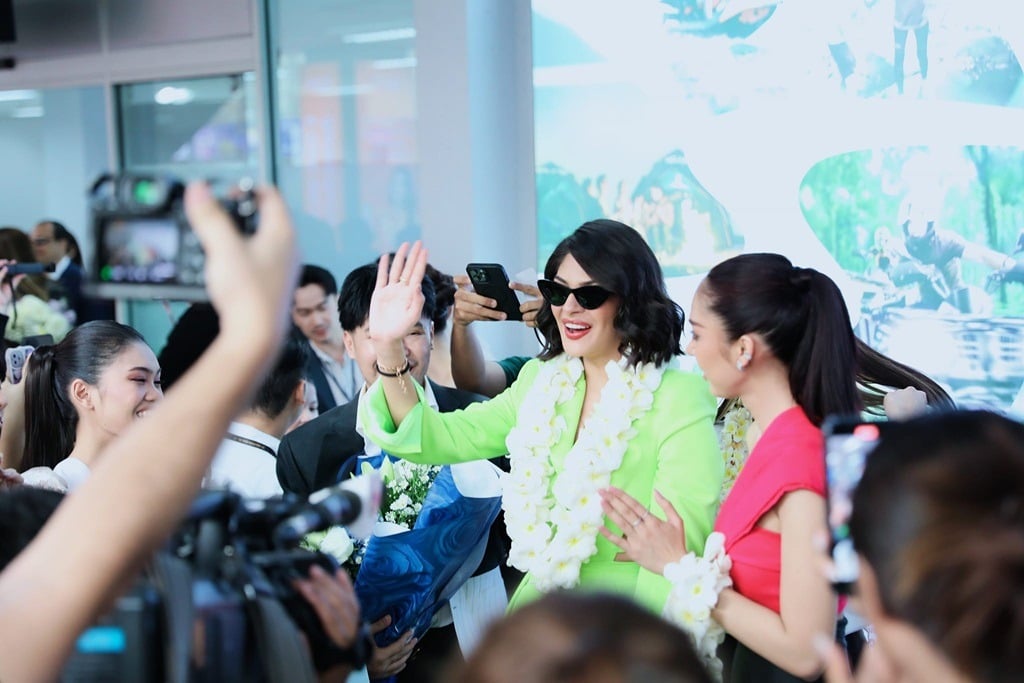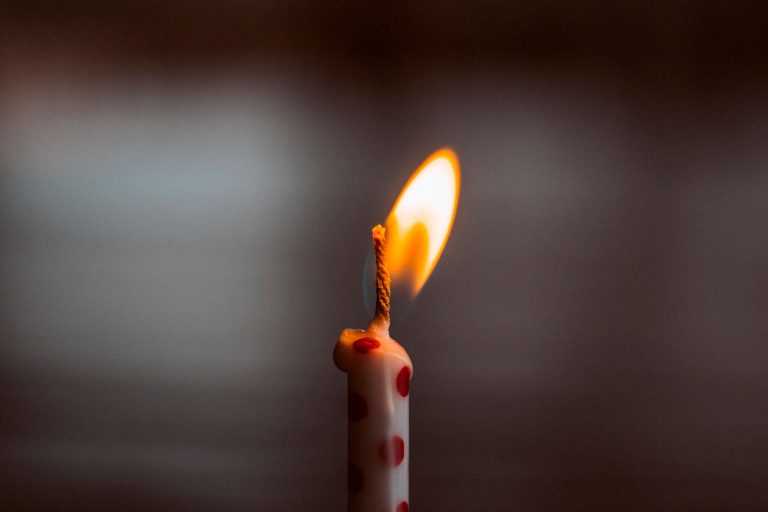21 de noviembre 2021

News About Sheynnis Palacios Not Covered by Media Operating in Nicaragua

PUBLICIDAD 1M
PUBLICIDAD 4D
PUBLICIDAD 5D
At Immigration they not only stripped me of my passport, but also of my identification. Now, my only ID is a refugee application.

Today is my birthday and I am in exile. When I wrote the stories about others who were forced to leave Nicaragua to escape the clutches of the Ortega-Murillo dictatorship, I never thought that I would also have to write mine, and tell it again and again, in search of help to preserve my freedom.
I arrived in Costa Rica in mid-September, after Immigration in Nicaragua prohibited me from traveling to the United States to vaccinate against covid-19, claiming “immigration restriction,” without giving me an explanation or justification, because there simply are none. My turn to experience for myself that the dictatorship decides who can and cannot enter and who can and cannot leave the country.
I had been in Costa Rica for several days, and from talking to other people and asking them if they knew what I could do to resume my planned trip, I heard the words that brought me down to earth and clarified what my new reality was: “Welcome to exile,” they told me.
Thus ended my plan to go to the United States, receive the Johnson & Johnson single-dose vaccine and wait fifteen days at the home of some relatives – also exiled by the Ortega repression in Nicaragua – and then continue on to Spain, where I would stay for a few months in the home of other relatives, watching events unfold in Nicaragua.
At the Immigration station at the Managua International Airport, the officer in charge told me that I appeared in the system with another nationality. This is impossible because the only nationality I have is Nicaraguan. Next, he said there were problems with my passport. Then he began to question me about my work as a journalist, the place where I had worked, and where I got my money from.
After several questions, which seemed like an interrogation to try to incriminate me, the officer got up from her seat, took my passport and returned several minutes later without it. I thought: it’s over, and I was right. The woman said that they were going to review my documents to see what the problem was, and told me not to worry, that “everything is fine,” which in the Ortega vocabulary translates to: they are going to mess with you.
I waited ten minutes and another Immigration officer arrived with my passport in his hands and asked me the same series of questions. He left. He returned and asked the same questions again, then added one more: when was I returning to Nicaragua. He left again, then came back again and asked me if I had published anything against the Government on social networks, “because I saw that you posted something about the prisoners,” he said.
The officer took out a cell phone, looked for something on his screen and a few seconds later showed me my Twitter profile. “Is that you?” “Yes,” I replied. There was no way to deny my profile picture.
The man retreated once again. It was almost time for the flight to depart. I waited another forty minutes, and the officer came back for the last time, and it was over: “You are not going to be able to travel.” I asked why. But he only added: “You can’t; your passport is going to be held and you have immigration retention.” Shock. The horrifying words I’ll never forget.
I tried to negotiate with him. I told him there was no reason to prevent my trip and asked him to return my passport. Nothing worked. A policeman watching us came over and asked what was wrong. The Migration officer repeated: “He will not be able to travel.” The policeman looked at me and asked me to give him my passport. I replied that the Migration officer had it and he said more forcefully: “Move along now.” The one who stole my passport echoed him: “You can leave.”
I left the airport nervous. Scared. I didn’t know what would happen next. I thought that maybe they would follow me, arrest me and put me in El Chipote, the prison where the dictatorship has imprisoned about forty political opponents, since the end of May.
I arrived in Costa Rica muddy, without any documents that would allow me to identify myself, without my luggage – which was left in the hands of the airlines at the Airport along with my travel plans – and without any clothing other than what I was wearing.
When I got to San Jose, I was still nervous. Everything happened so fast that I hadn’t had time to assimilate it. With this uncertainty in tow, I heard that bitter welcome. And in my backpack, which was practically empty, I still felt the weight of my fears: that they would persecute me, that they would throw me in jail. That fear goes wherever you go. It sneaks into empty pockets and stays with you.
In Nicaragua I couldn’t sleep. I couldn’t eat in peace; I couldn’t go out without feeling pursued. What kind of life is that? It’s not life, I always answered myself.
When I decided on the trip that I didn’t manage to make, I sold everything I had, everything that I acquired with so much effort during so many years of work in different means of communication and my enterprises – hit by the socio-political crisis of 2018 and wiped out with the arrival of the covid-19 pandemic in 2020. Almost fifteen years of journalistic endeavors.
I’ve been in Costa Rica now for two months, and today is my birthday. My first birthday in exile, and I don’t know when I will be able to reunite with my family in Spain. I still do not have a passport and my only identification is a request for refuge in a country whose democracy and peace I envy, and to which I am grateful for their solidarity with me and tens of thousands of others who have also been forced to leave Nicaragua without knowing when or if they will be able to return.
How long will I be here? I have no idea. I don’t have a country to go back to, and I don’t have another country I can go to. That morning, at the Immigration post, I was not only stripped of my passport, but also of my identification and – in effect – even of my nationality.
Today is my birthday, and I’m not sad or happy. Sometimes I do feel one way and sometimes another. I only exist and I hope that one day someone will give me a passport so I can travel. Maybe mine, with my visa, the one that was stolen from me by Daniel Ortega’s criminal dictatorship.
This article was originally published in Spanish in Confidencial and translated by Havana Times
Archivado como:
PUBLICIDAD 3M
PUBLICIDAD 3D